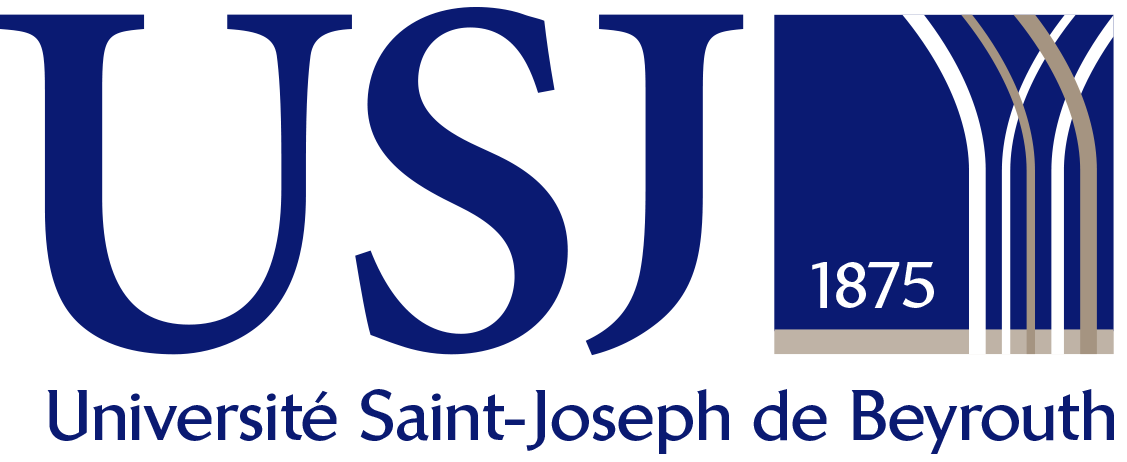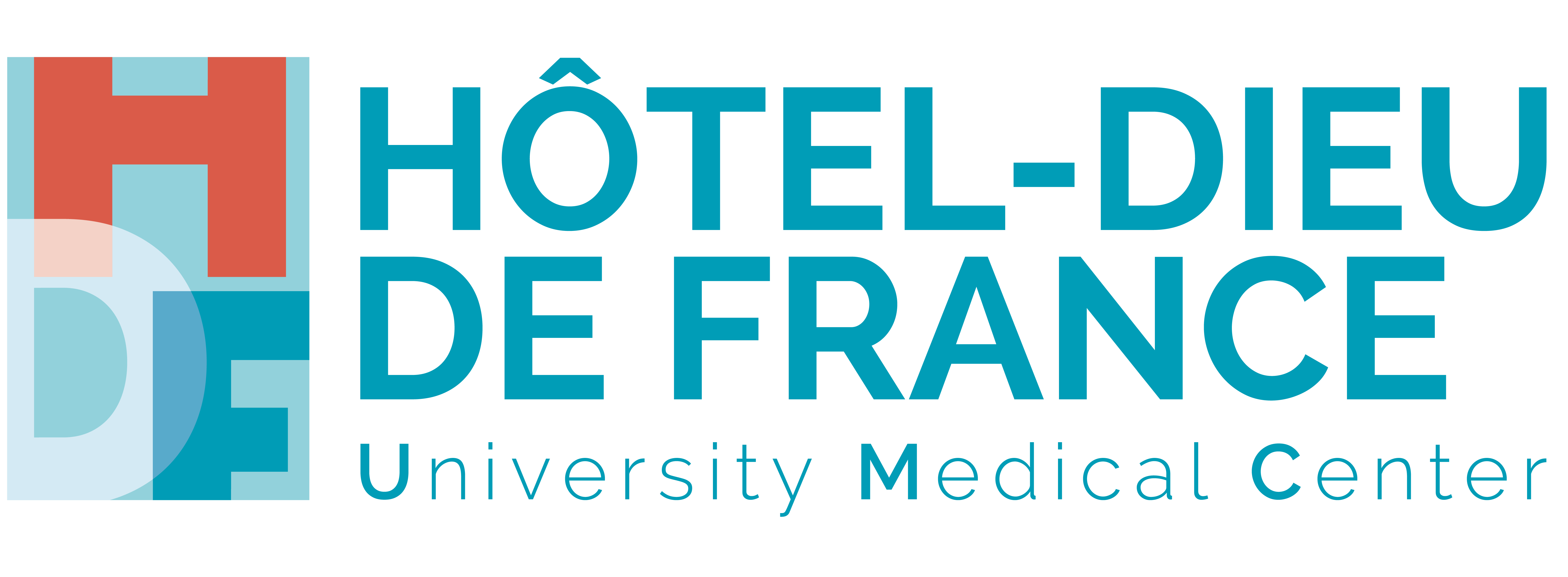Mission
- Study clinical research protocols and issue a binding opinion in this regard. Each human experimental project of a new drug or therapeutic technique must be subject to the prior authorization of the Ethics Committee according to a well-defined procedure that must be followed by the doctor involved. In addition to the scientific and therapeutic aspect of this experimental project, the Committee examines the informed consent form, the insurance policy, the gratuitousness of the experimentation for the patient, etc. The Committee may invite to its meeting any of the experts that can enlighten them on the subject. The President shall notify the doctor involved by mail about the Committee’s decision.
-
Help healthcare teams improve, and thus humanize, healthcare practices whether they are daily or more exceptional ones. For example:
- Respect for medical and professional secrecy
- Patient information
- The consent of the patient and/or their family
- The development of palliative care
- Question related to organ procurement and transplants...
- Reflect on the most difficult questions raised by medical advances. These questions are mostly asked in cases related to the beginning or end of life. They may be subject to in-depth reflection within the Ethics Committee, discussing the specific case of a patient, at the request of the doctor and healthcare team, or more generally, at the request of the hospital administration eventually.
- Help the doctor in charge make the most ethical decision possible. With the aim to enlighten them in order to take their decision, the doctor may seek, in some particularly difficult cases, the opinion of the Ethics Committee. The requesting doctor will be notified in writing of the Committee’s opinion, after a meeting between the Ethics Committees, the doctor and members of the healthcare team. The Ethics Committee gives a purely advisory opinion that does not therefore bind the doctor who remains sole master and responsible for their decision by virtue of their professional freedom within the framework of their medical activity as enshrined in Article 14 of the code of Medical Ethics.
-
The approval of the Ethics Committee is mandatory in 3 circumstances:
1) when requesting an organ transplant
2) during the implementation of a clinical trial
3) upon the request for a termination of pregnancy due to medical reasons

